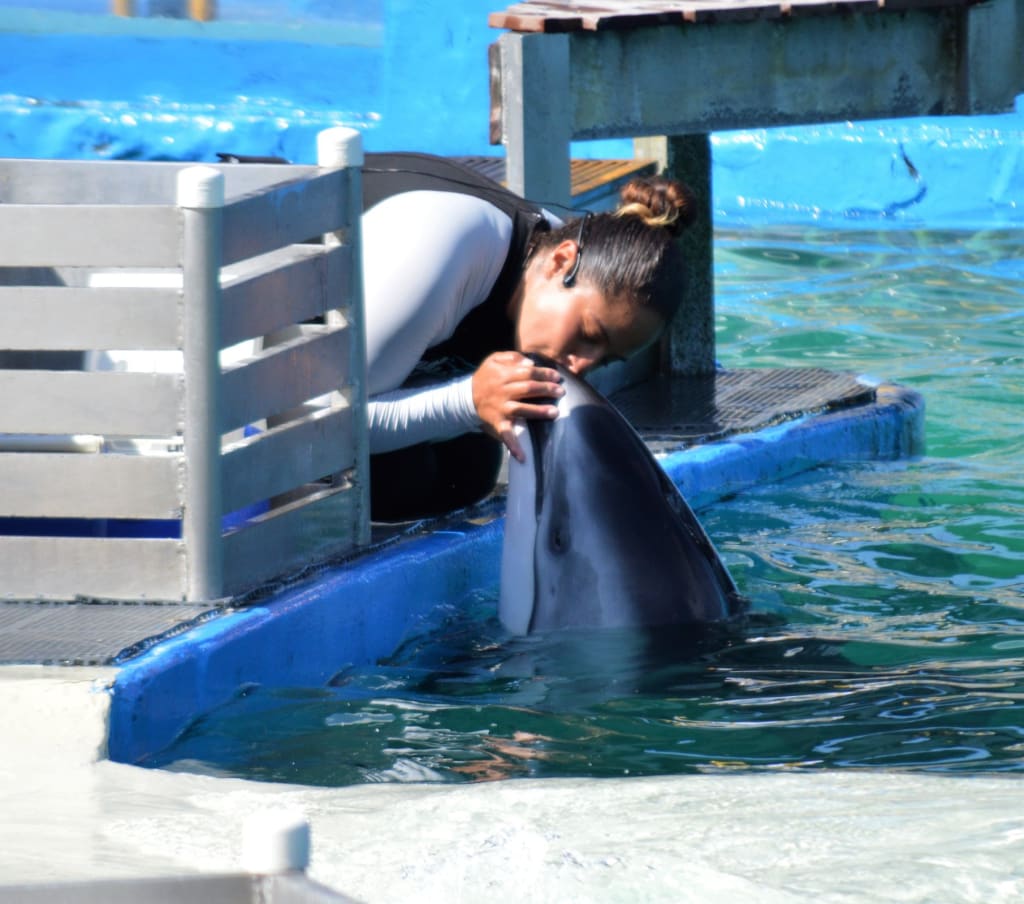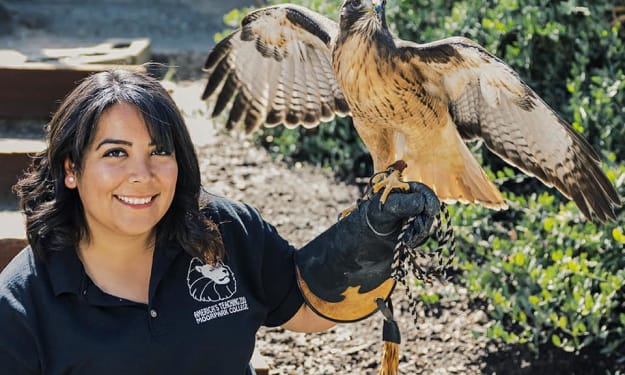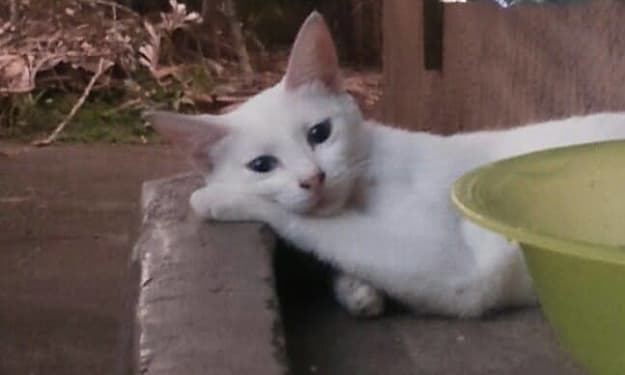The Real Queens of Wakanda VII: Into the Unknown
In the next Hispanic Heritage Month edition of the series, get to know Lauren Beltran. She is currently a marine mammal trainer at Miami Seaquarium whose path to becoming a veterinarian inspired her to seek a career in animal training.

In our latest Queens of Wakanda entry that is in honor of Hispanic Heritage Month, we get to know a marine mammal trainer who is currently based at the Miami Seaquarium in Key Biscayne, Florida. Lauren Beltran’s journey is truly one that involved her traveling “into the unknown”.
When she first decided to work with animals, Ms.Beltran originally intended to go down a road that was focused on pre-veterinarian studies but because vet schools require students to have hands-on experience with animals, she decided that interning at zoos, aquariums, or wildlife rehabilitation facilities would. So, she took an animal training and care internship at Shedd Aquarium in Chicago. From there, she decided to seek a career in animal training.
Ms.Beltran originally intended to focus on pre-veterenarian studies since vet schools require students to have hands-on experience with animals in the form of internships at zoos, aquariums, or wildlife rehabilitation facilities. Because of this, she took an animal training and care internship at Shedd Aquarium in Chicago where she got to learn about the relationships trainers and animals shared. From that day on, she decided to seek a career in animal training.
Years later, She now shares the story of her experience in her own words.
1. What made you want to work with animals in the first place?
I’ve always had a love and passion for animals while growing up. When I graduated from college, I was originally headed down a pre-veterinarian track. For vet school, you need animal experience so I did an internship at the Shedd aquarium. During my time there I saw the relationship that the trainers had with the animals and loved it. I loved the training and the relationships and knew that that is what I wanted to do. So I pursued a career in training instead.
2. Have you done any volunteer and, or internship experiences during your high school and college years? I didn’t do any volunteer or internships during high school or college because I was so lost for what I wanted my career to be during college that by the time I figured it out I was already done with school. Although, I recommend highly getting Internships done during the summers of your college years. I knew a girl who had done one internship each summer and with three internships under her belt she got a training job at 21 (which is rare). I did two Internships after college and got my first job at 24.
3. What is your favorite animal to work with?
Oh man, such a difficult question. I truly hate to pick favorites but I love working with Pacific white-sided dolphins. They’re funny, smart, and they’re honestly a big challenge. Plus they’re small and FAST which just adds to their cuteness and makes you love them more.
4. When did you land the position you have now?
I just landed my position. I just recently got a new job and will be starting at the beginning of next month. My position before this one, I got in February of 2018.
5. What is it like for you to be a person of color to be part of the zoological community? Have you faced any challenges along the way?
I try not to make my circumstances about my race but I feel it sometimes. It’s a predominantly white field so it’s extremely rare that you see people that look like you or understand your background. I feel like one big challenge is money. This field requires a lot of work and potentially moving while you get paid very little, if at all (in the case of unpaid internships). I’ve seen some coworkers struggle less because they come from families with lots of money. A luxury not many Latino families have, and honestly, I think it’s the reason we don’t see more diversity in the field. My family was able to help me as much as they could but being in this field sometimes meant having two or three jobs at a time to make ends meet. Another challenge is not always being accepted and sometimes being judged. I’ve heard a coworker being teased for her accent on several occasions and sometimes assumptions are made about you because of your ethnicity (i.e. your Hispanic, you must be able to speak Spanish. You’re Hispanic so you’re automatically Mexican. The typical assumptions people make). The hardest challenge by far was hearing racist comments at times and having to choose between potentially starting a large disagreement or staying quiet to avoid conflict. There were times coworkers said things to me and had no idea that what they were saying was incredibly offensive and you have to decide whether the conversation is worth even having. Will that person be open-minded to hearing from you? Will other people support you if this becomes an argument or will you be seen as hostile and argumentative? It’s a fine line to play and it comes down to picking your battles wisely.
6. Since your social media implies that you work with animals, what do you hope people will get out of seeing the animals under your care?
The biggest thing I want people to see is how amazing these animals are. If you don’t truly get that message across then there’s no way to get people to care about these animals as well. We need the public to care about these animals to push forward conservation and the educational message about what people can do to make these animals lives better in the wild. We have the power to protect our animals under human care but animals in the wild face an extremely dangerous predator, humans. If you don’t get them to love animals and want to make a difference then we start to lose hope for the wild populations.
7. Last question, any advice for kids and teens who are looking into the possibility of working with animals in a zoological setting? One piece of advice is to get your experience while you’re in school. Most people have two or three internships and the faster you get them, the better your odds are. And my biggest piece of advice is, don’t get discouraged. So many people laugh when you say you want to work with animals or be a trainer. They act like it’s an impossible daydream that only children have. But it’s a real job, a real career, and real people do it. If you stay confident, stay committed, and stay ready for anything that may come your way then you will make it.
Thank you so much Lauren for sharing your story and may it help inspire other Lantix girls to want to one day work with animals in the future.
If you are a POC who is a zoo or aquarium professional and would like to share your story with me, feel free to send me a message on Facebook or, send me an email at [email protected].
About the Creator
Jenna Deedy
Zoo and Aquarium Professional, Educator, Cosplayer, Writer and B.A. in Psychology whose got a lot to share when it comes to animals, zoos, aquariums, conservation, and more.
Instagram: @jennacostadeedy






Comments
There are no comments for this story
Be the first to respond and start the conversation.